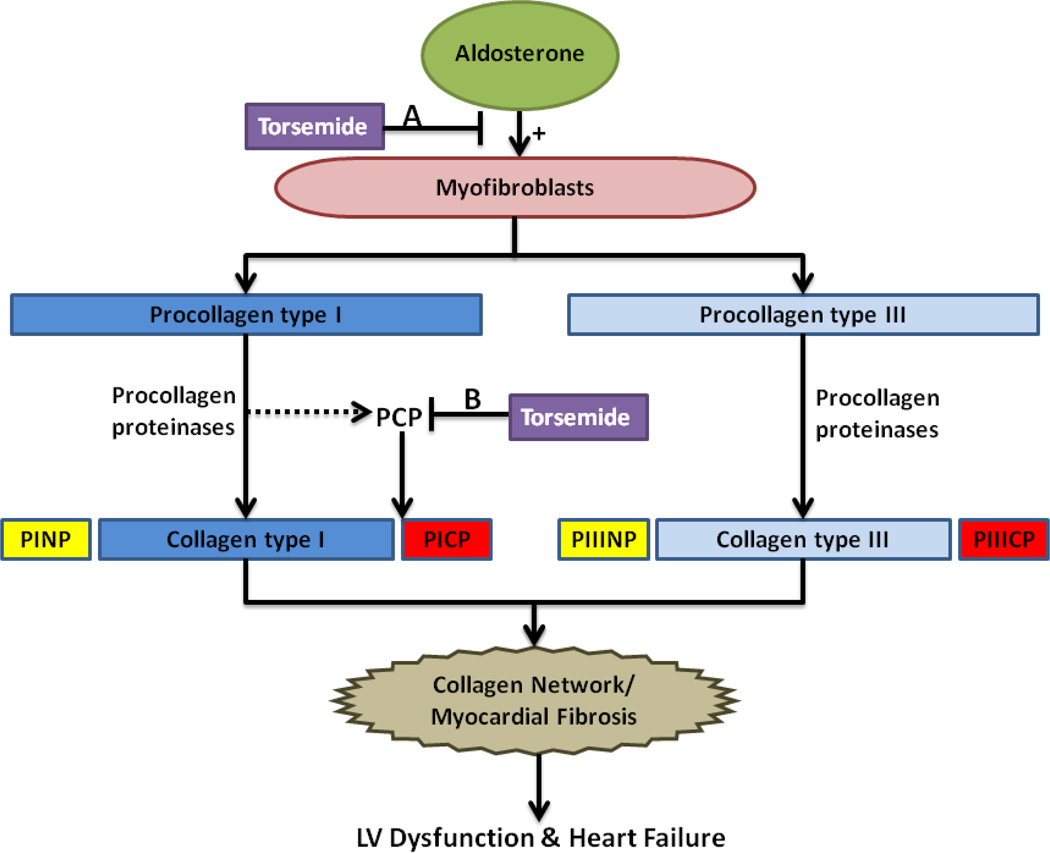Figure 2. Potential effects of torsemide on myocardial fibrosis.
Aldosterone, as well as other cytokines, growth factors, and hormones, stimulate myofibroblasts to synthesize and secrete two main collagen precursors within the heart, procollagen type I and procollagen type III. Procollagen proteinases are enzymes that process the procollagen into collagen molecules by cleaving the terminal propeptides. The cleaved propeptides of procollagen type I (PINP and PICP) and procollagen type III (PIIINP and PIIICP) are released into circulation and can be quantified as an indirect measurement of collagen production. The mature collagen molecules are further processed and eventually form the collagen network responsible for myocardial fibrosis, subsequently leading to pathologic remodeling, LV dysfunction, and heart failure. Torsemide is thought to mainly inhibit downstream collagen synthesis through its inhibition at the level of the aldosterone receptor (A) but torsemide may also decrease the activity of the PCP enzyme, the procollagen proteinase responsible for cleavage of PICP (B).
Abbreviations: LV: left ventricular; PCP: procollagen type I carboxy-terminal proteinase; PICP: procollagen type I carboxy-terminal propeptide; PINP: procollagen type I amino-terminal propeptide; PIIICP: procollagen type III carboxy-terminal propeptide; PIIINP: procollagen type III amino-terminal propeptide

